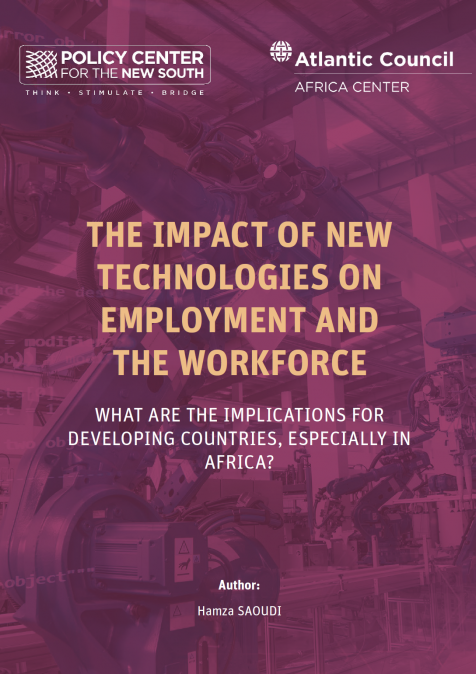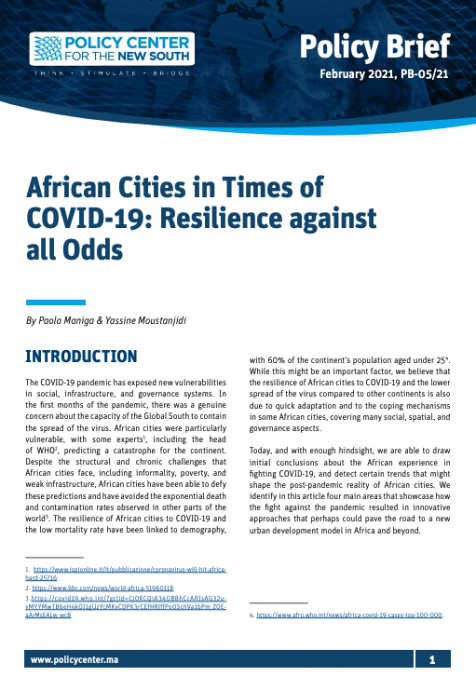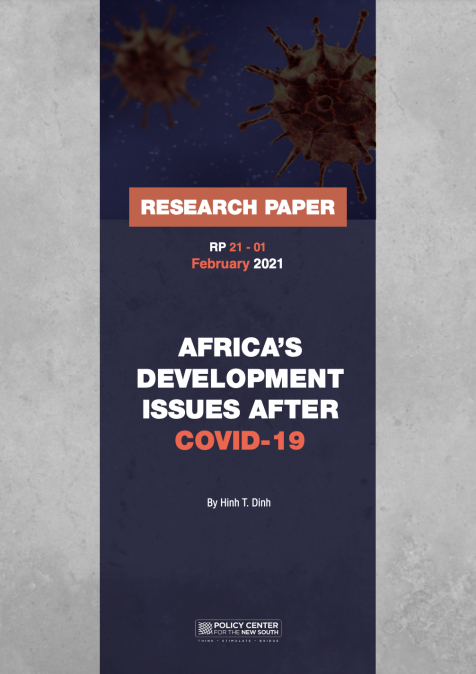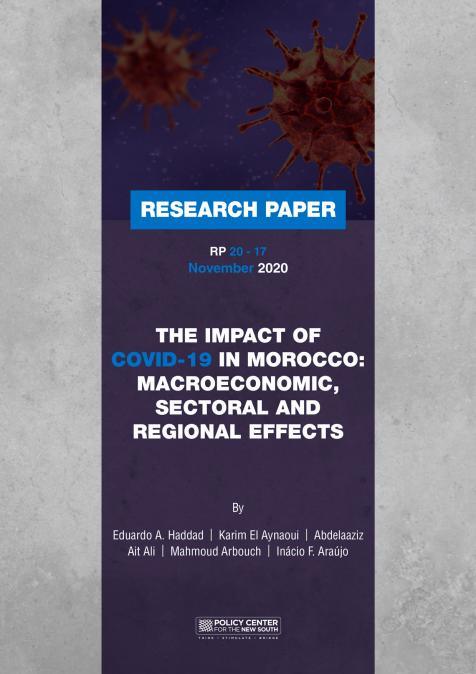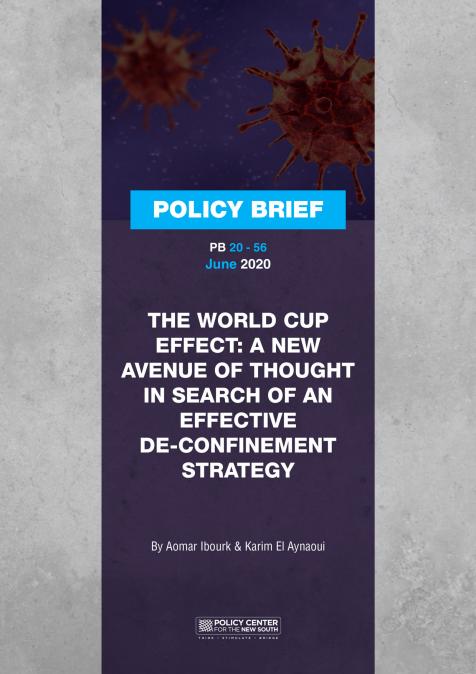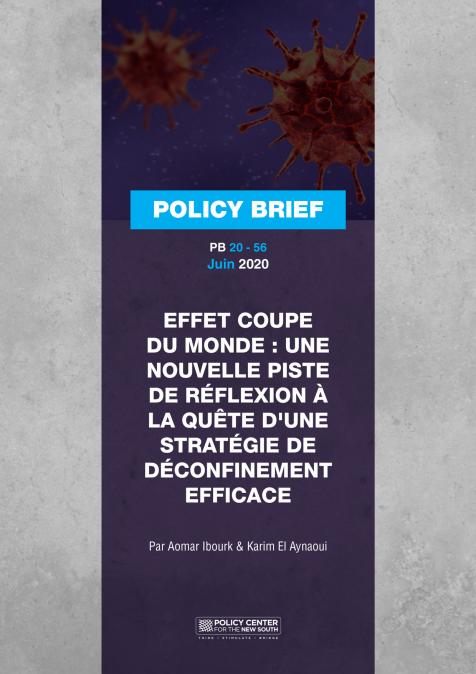Publications /
Opinion
In September 2018, President Nana Akufo-Addo of Ghana, declared 2019 “The Year of Return” for African descendants’ travel to Ghana, symbolizing 400 years since the first enslaved African arrived in Jamestown, Virginia in 1619. His announcement garnered positive reactions from the African American community in the United States and served to further inculcate linkages between Africans and their Diasporan counterparts. President Akufo-Addo follows a rich history of pan-Africanism on the continent, but how can African governments continue to seize the socio-economic benefits of their Diasporas in the future?
In 2018, Africa’s tourism sector grew 5.6%--higher than the global rate of 3.9% (World Travel and Tourism Council , 2018). Africa is increasingly becoming a destination of interest for international travelers. Online and social media outlets make it easier for global communities to discover new opportunities and sites on the continent. Within this growing sector, it is intriguing to see that the Ghanaian government positions 2019 as a home-going year for African descendants.
The Year of Return is an almost two month long calendar of activities, including international music festivals like Afrochella, business conferences, and conferring Ghanaian citizenship to a number of African Americans (Ghana Tourism Authority, 2019). It is sure to have large impact on travel as the reported economic value of African American travelers increased to $63 billion in 2018, with top destinations in the United States, the Caribbean, and Mexico (Burt, 2018). Can the Year of Return set a new precedent for African American travelers? Combining a sentimental and historical commemoration seems to be significant jumpstart for more travel to and around Africa. Already, a great deal of travel groups like Travel Noire and Black & Abroad are organizing trips for this holiday season and 2020.
President Akufo-Addo is tailoring a warm “akwaaba,” or welcome to those communities in the Americas who were forcibly displaced some centuries ago. Ghana is home to over 30 slave castles and fortresses erected from 1482-1786 (Graham, 1990), a direct link to the modern day descendants of enslaved Africans. Gaining independence in 1957,Ghana’s first President Kwame Nkrumah was college educated in the United States, a founding member of the Organization for African Unity (now the African Union), and a champion in the pan-African movement. Nkrumah welcomed African American expatriates in the 1960s, including poet Maya Angelou, who details her experiences in Ghana in her autobiography (Angelou, 1986).
President Akufo-Addo is certainly following a legacy of Diaspora engagement in Ghana, and larger efforts made by other African governments and the African Union. While there are millions of African migrants internationally, whether voluntary or involuntary, there is another set of African descendants that stretches throughout Latin America, North America, and the Caribbean that is far removed from first or second generation migrants. In a move of political and social solidarity, The African Union makes note of all historic migrations, forced and voluntary, stating in its constitutive act that it shall “invite and encourage the full participation of the African Diaspora as an important part of our continent, in the building of the African Union” (The African Union, 2019).
What are the historic economic benefits of Diaspora communities? Perhaps the most obvious economic linkage with international migrants are remittances. The World Bank projects remittance flows to low and middle income countries to reach $551 billion this year and $597 billion by 2021 (The World Bank, 2019). Further research at the United Nations indicates that remittances accounted for 51% of private capital flows to Africa, with Nigeria ($22.3b), Egypt ($18.1b), Morocco ($7.1b), Senegal ($2.3b), and Ghana ($2.2b) as the top receivers in 2017 (The United Nations Conference on Trade and Development, 2018). Cash flows to family members can be used for immediate needs or can be budgeted for individual investments in healthcare, education, or small businesses. African migrant communities also contribute with in-kind goods, including clothing or food. The rate of remittances, whether cash or in-kind, continues to grow each year and it is a fixed direct investment on which citizens can depend (The United Nations Conference on Trade and Development, 2018).
Incredible as they may be, Ghana’s year of return is not necessarily targeting its international migrant communities. Moreover, remittance benefits are not the sole financial investment for the African Diaspora. African governments can pull on their diaspora communities for direct financial investments in infrastructure, small businesses, education, and other development priorities. Tourism and travel proposals can harness the buying power of emerging middle income communities. In this case, African Americans have both the buying power, $63 billion, and the ancestral-cultural commonalities to contribute to the tourist industry and also build lasting trade and investment opportunities. Furthermore, African governments support more intellectual and cultural exchanges as well as leverage the Diaspora to advocate progressive Africa policies in the West.
Ghana’s Year of Return is incredibly momentous because of its tourism sector and communities in the Americas that, for so long, were robbed of histories and cultures and subjugated to racial and ethnic discrimination. In the same light, it’s an important juncture for Africa, to boast it peoples, cultures, and regions. Africa’s popular image is one-sided and most often mired with poverty, violence, and the perpetual paternalistic stories of aid. As we move to a new decade, it is critical for Africans to reclaim narratives and position new discussions on their diversity and brilliance.
The author is an alumna of the Atlantic Dialogues Emerging Leaders Program 2016 : https://www.policycenter.ma/programs/young-professionals-network/year/2016?page=2
Bibliography
Angelou, M. (1986). All God's Children Have Traveling Shoes. Random House.
Burt, S. (2018, December 21). African American Tourism. Retrieved from Travel Noire: https://travelnoire.com/african-americans-tourism-spent-close-to-63-billion
Ghana Tourism Authority. (2019, December 3). Year of Return, Ghana 2019. Retrieved from Visit Ghana: https://visitghana.com/events/year-of-return-ghana-2019/
Graham, J. (1990, November 25). The Slave Fortresses of Ghana. The New York Times, pp. Section 5, Page 14.
The African Union. (2019, December 3). The Diaspora Division. Retrieved from https://au.int/en/diaspora-division
The United Nations Conference on Trade and Development. (2018). Economic Development in Africa Report . New York: UNCTAD.
The World Bank. (2019). Leveraging Economic Migration for Development: A Briefing for the World Bank Board. Washington, DC: The World Bank.
World Travel and Tourism Council . (2018). Region Data. Retrieved from World Travel and Tourism Council: https://www.wttc.org/economic-impact/country-analysis/region-data/

